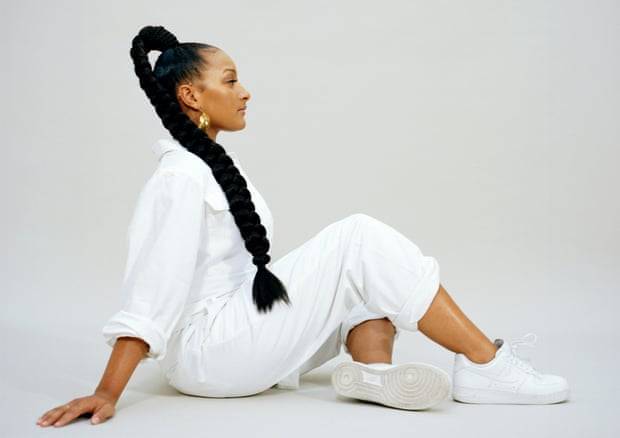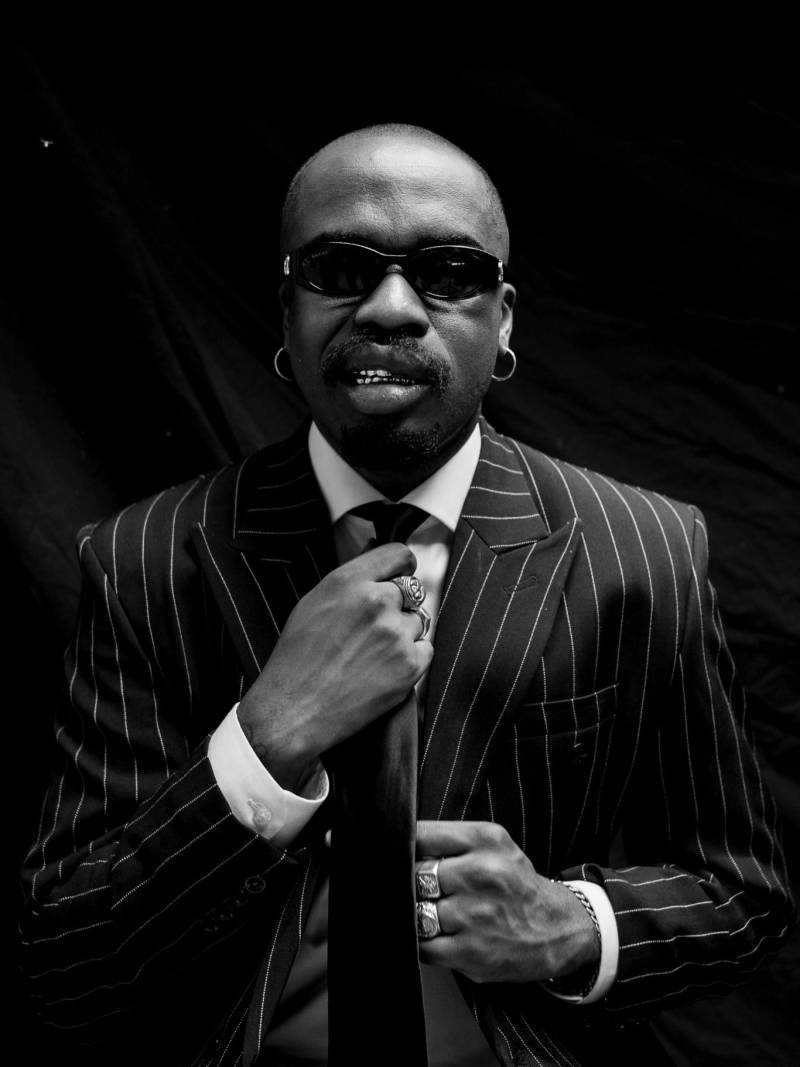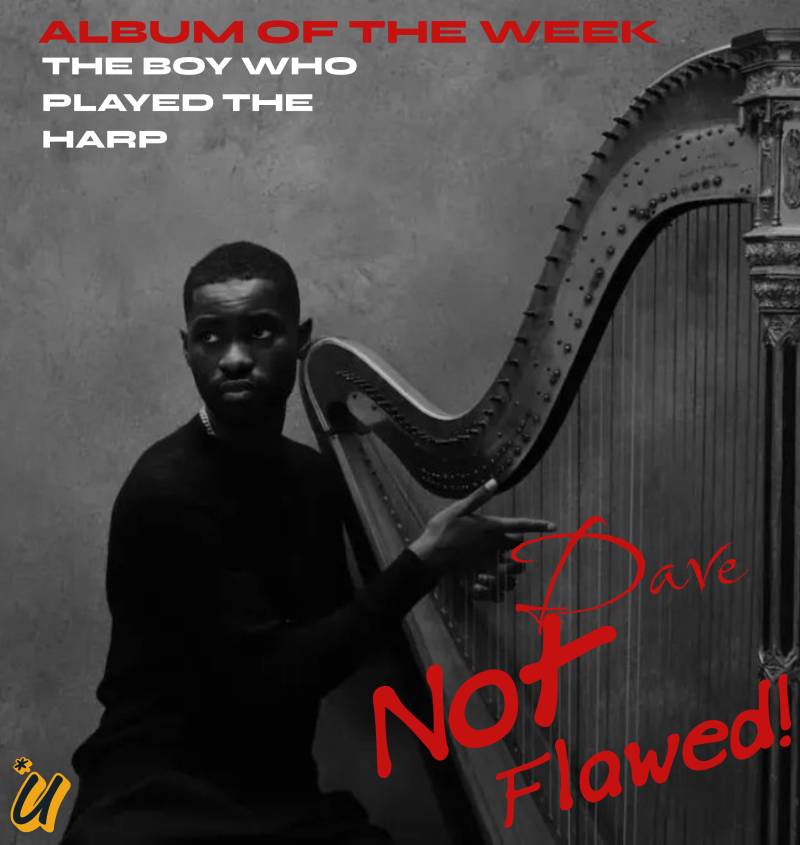The UK jazz renaissance shows no sign of letting up and – from Nubya Garcia to Xhosa Cole – it’s a fresh wave of Black talent that’s pushing things forward
With a concert at the Proms, a Mercury prize nomination and widespread acclaim for her debut album, Source, Nubya Garcia has had a very good year. More importantly, the saxophonist is one of several young Black British jazz musicians bringing new listeners to the genre and serving as a role model for future players. Garcia’s fellow saxophonists, Camilla George and Cassie Kinoshi, vocalists Zara McFarlane and Cherise, and the five-piece ensemble Ezra Collective are just a handful of the other artists who have made an impact beyond the UK in the past five years or so, appearing at major festivals and on radio and television. They are in demand.
Such visibility is entirely welcome when one considers that jazz, a century into its existence, can still be confusing, if not forbidding, for those listeners spooked by songs with shifting time signatures and extended solos. These artists have not abandoned the genre’s core principles of rhythmic ingenuity and complex harmony, but they often share a strong dance sensibility that reflects their lived reality as Insta-generation improvisers of African and Caribbean heritage. That means exposure to Afrobeat, dub and soundsystems, in addition to a whole internet’s worth of past American jazz greats such as Miles Davis, John Coltrane and Pharoah Sanders.
Having said that, there is a notable difference between Garcia’s lithe Caribbean slant and the sturdy hip-hop snap of another rising star: pianist-rapper Alfa Mist. Meanwhile, Moses Boyd, a producer as well as drummer, investigates the hefty sub-sonics of grime with his Exodus project but negotiates a significantly more abstract acoustic realm when he appears in a freewheeling duo with the saxophonist Binker Golding.
These players developed their talents in small venues across the UK capital in the 2010s, from Total Refreshment Centre in Dalston, east London, to Mau Mau in west London’s Ladbroke Grove. The musicians also ran their own nights. Empirical, a superb quartet featuring saxophonist Nathaniel Facey, held a free residency in Old Street tube station while trumpeter Mark Kavuma did the same at the Prince of Wales pub in Brixton. A collective called Steam Down turned Buster Mantis cafe in Deptford into a vibrant hub. The young multicultural audiences for these artists were built from the ground up.
Sons of Kemet’s My Queen Is Doreen Lawrence.
As with many past jazz scenes, several players have become links in a bigger chain. Drummer Eddie Hick and tuba player Theon Cross, who were part of Steam Down, also joined Sons of Kemet, one of several groups led by saxophonist-clarinetist Shabaka Hutchings, who at the age of 37 is a touch older than Garcia and co, who are mostly in their late 20s or early 30s. Infused with the incendiary carnivalesque energy of a marching band, Sons of Kemet are a formidable live act, and one that unapologetically celebrates Blackness; their 2018 album Your Queen Is a Reptile celebrated African American and Caribbean women such as Angela Davis and Doreen Lawrence.
A musician who has had a lengthy association with Hutchings is the bassist Neil Charles. They collaborated in the experimental trio Zed-U some 14 years ago and the saxophonist now appears on Charles’s captivating Breathe Suite, a stylistically varied EP under his producer name Ben Marc. Although he lives in London, Charles hails from Birmingham, a city where Hutchings has also lived and another hotbed of talent in British jazz. Looming large is another forward-thinking musician with whom both have worked: saxophonist-rapper-composer Soweto Kinch. He has been a lightning rod on the local scene since the 2000s, staging jam sessions such as The Live Box and the cross-genre all-day festival, The Flyover Show, which was conceived to rehabilitate the image of Hockley, an inner-city area with a large Black population historically laid low by the twin evils of high unemployment and a bad press.
Kinch, 43, whose forthcoming project White Juju responds to Black Lives Matter among other things, has legend status on the Midlands scene, and is a tireless champion of emerging talent such as the trumpeter Alex Polack, pianist Ashley Allen, vocalist Lucy-Anne Daniels and drummer Romarna Campbell. However, it is the highly gifted 24-year-old saxophonist Xhosa Cole who is currently making most waves.
Winner of the prestigious BBC Young Jazz Musician award in 2018, Cole has the rich expressive range and technical skills that characterise significant soloists. His recently released debut album K(no)w Them K(no)w Us sees him put an imaginative spin on the innovative American composers Thelonious Monk, Ornette Coleman and Woody Shaw, who blazed trails in the 50s and 60s down which contemporary players still walk. Cole is finding modernity within tradition.
Yet if it comes as little surprise that many Black jazz musicians are springing up in Birmingham, with its long-established African-Caribbean areas such as Handsworth (the birthplace of Cole and which includes Hockley), then it is also important to recognise that several other significant musicians have come from towns and cities with comparatively fewer people of colour. Oxford is the home of one of Britain’s greatest living improviser-composers, the astounding pianist Pat Thomas. Derby is where you’ll find the inventive vibraphonist Corey Mwamba, and multi-reed virtuoso Jason Yarde hails from Hastings.
Apart from the fact that they all live outside big cities, these artists make music that falls largely, though not exclusively, in the avant-garde school of jazz (Yarde is resoundingly eclectic) and for the most part have fairly limited commercial appeal. Moreover, they are in their 40s, 50s and 60s; in other words, they do not fit the prevailing profile of British jazz that has made a splash in the past few years, which raises an interesting debate about what the image of British jazz should be. Unlike in pop, jazz musicians entering their seventh decade are not necessarily “old” and can still excel, primarily because the mastery of their instrument is a never-ending mission, and life experience a rich, raw source of inspiration.
But now that the spotlight is firmly trained on the “new wave” (a powerful narrative in any business), this is a perfect opportunity to pull others out of the shadows and broaden perceptions of what we mean when we talk about Black British jazz, from where it is found to who plays it to what it sounds like. The artform has never been reducible to just one thing – and neither has Black Britain.
Kevin Le Gendre is a journalist and the author of Soul Unsung and Don’t Stop the Carnival: Black British Music.
SOURCE : guardian




